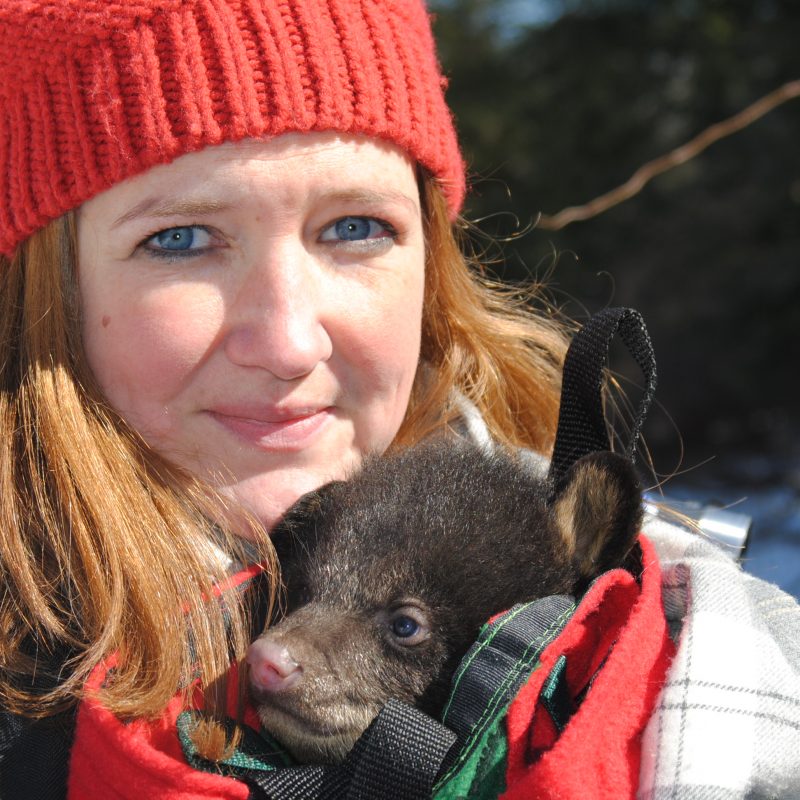Research Area: Fungi
-

Bryan Swingle
Bryan is a Research Molecular Biologist in the Emerging Pests and Pathogens Research program at the Robert W. Holley Center for Agriculture & Health. View his USDA-ARS profile. -

Melanie Filiatrault
We focus our research efforts on discovery and molecular characterization of bacterial factors involved in bacterial-plant interactions, with particular interests in bacterial signaling systems and small non-coding RNAs. Another area of research is the development of new management strategies for bacterial pathogens. We use a[...] -

Joshua Kerkaert
Josh’s interest in fungal biology started while earning a BS in Microbiology at the University of Minnesota where he did research on the human fungal pathogens Cryptococcus neoformans and Blastomyces dermatitidis in the Nielsen lab at the University of Minnesota. Josh went on to pursue a Ph.D. in[...] -

Lori Huberman
The Huberman lab uses genetic and genomic techniques to study the genetic mechanisms used by fungi to sense and respond to the nutrients in their environment. Student projects will include performing genetic screens to identify genes important in nutrient sensing and using genetic and genomic[...] -

Scott McArt
We study how pathogens influence pollinator health. Students collect data on plant-pollinator visitation networks, pathogen prevalence in bees and at flowers, pathogen replication and impacts on host survival, or conduct manipulative experiments to understand transmission parameters. The overall goal of our work is to improve[...] -

Xiangtao Xu
I am an ecosystem ecologist interested in the patterns, mechanisms, and consequences of the interactions between terrestrial ecosystems and the environment. My research program uses process-based ecosystem models as ‘numerical greenhouses’ to integrate the every-increasing heterogeneous data sets in ecology (e.g. synthesis in traits, ground[...] -

Gillian Turgeon
The Turgeon lab works on mechanisms of fungal virulence to plants with particular emphasis on the roles of fungal secondary metabolites, iron and oxidative stress. Classical genetic, molecular genetic, and genomic approaches are used. -

Christine Smart
Two main areas of study in the Smart lab include identifying genes in bacterial pathogens that enable movement within a plant, and understanding the population diversity of rapidly reproducing oomycete pathogens. These studies enhance our knowledge of pathogen virulence determinants and further elucidate how plants[...] -

Krysten Schuler
My research group focuses on free-ranging North America wildlife to improve health outcomes across a variety of species, their pathogens and parasites. At the Cornell Wildlife Health Lab, we derive solutions from novel mathematical applications, innovative diagnostic evaluations, field-based studies, and human dimensions of wildlife[...] -

Teresa Pawlowska
We study the mechanisms underlying ecological interactions between fungi and bacteria. Student projects will focus on current work to characterize the bacteria associated with mycorrhizal fungi in poorly studied desert habitats in California and Israel. Students will learn culture and microscopy techniques, and phylogenetic analysis.
